Conducting Research with Indigenous Communities on Healing Practices
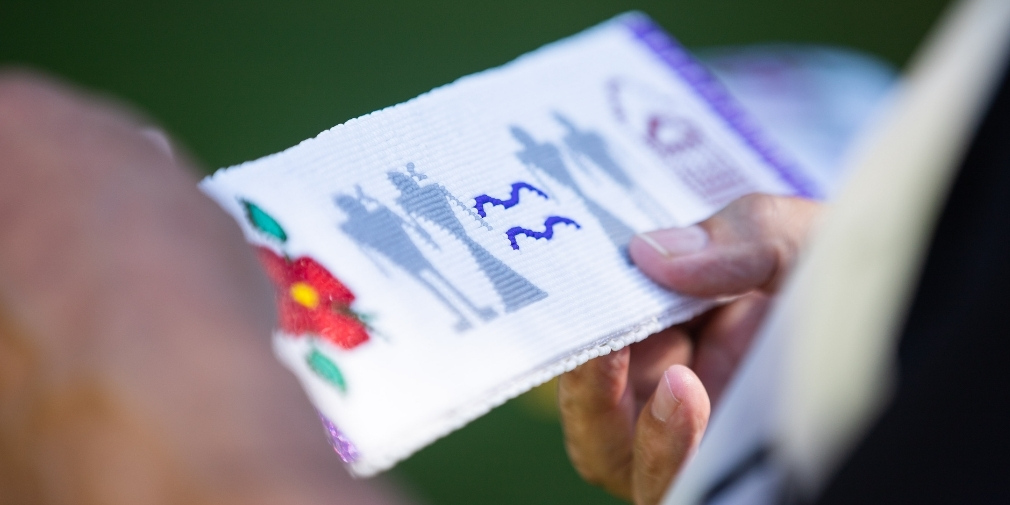
The value of Indigenous healing practices is well-recognized in Indigenous wellness literature, but non-Indigenous health practitioners and researchers know little about it. In 2015, the Truth and Reconciliation Commission of Canada called upon leaders and decision makers in the health care system to recognize the value of Indigenous healing practices and use them in the treatment of Indigenous patients. This was one of 94 Calls to Action outlined to redress the legacy of residential schools and advance the process of Canadian reconciliation.
In partnership with a Labrador Innu community, health sciences doctoral graduate Leonor Ward worked under the supervision of Telfer professor Samia Chreim to describe the five stages in the process of Innu healing. They collaborated with Innu researchers Mary Janet Hill, Annie Picard, Christine Poker and Nikashant Antane, and non-Innu researchers Samantha Wells and Anita Olsen Harper. The study also explains why Innu knowledge should be incorporated in health policy and practice designed to support the physical and psychological well-being of Innu communities.
Building research partnerships with Indigenous communities
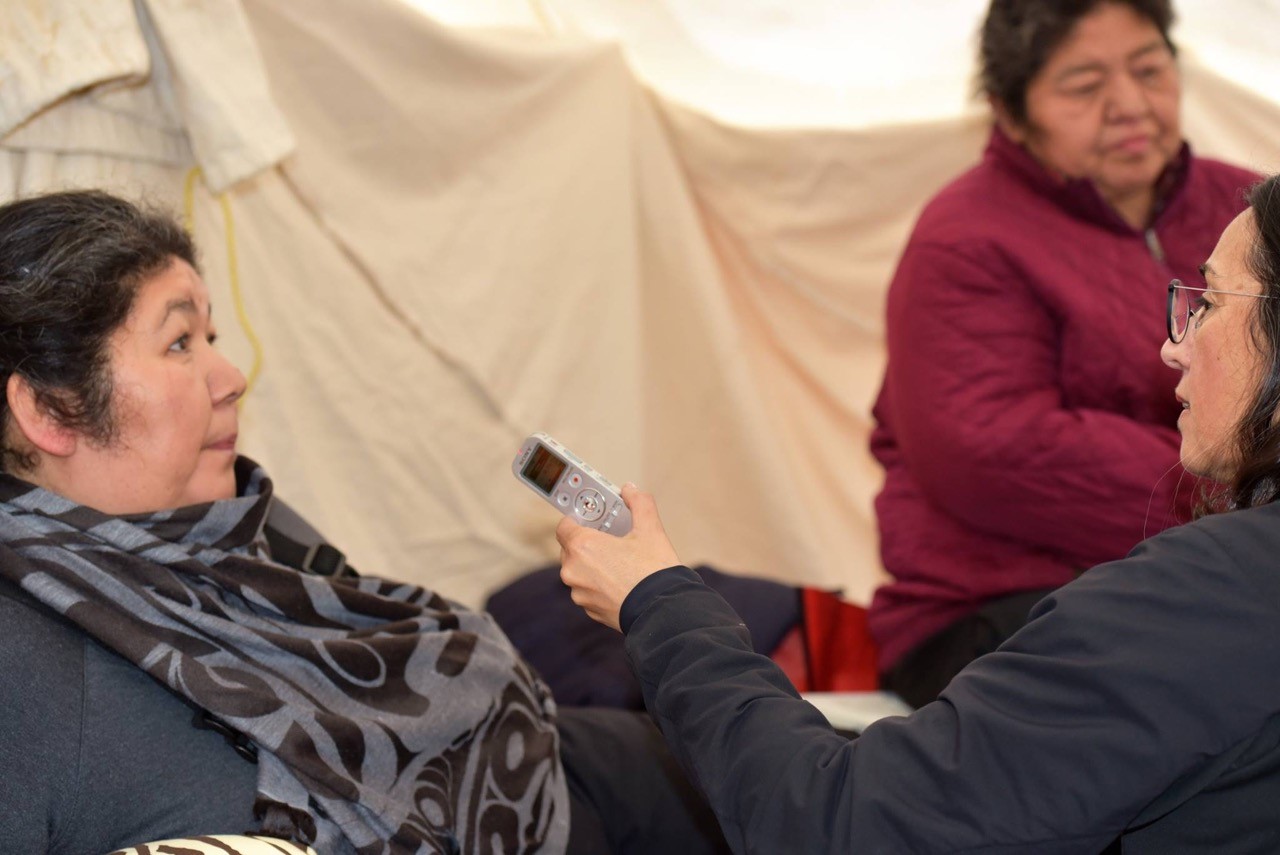 Indigenous communities such as the Innu of Labrador are increasingly partnering with academic researchers, doing so in ways that allow their communities to exercise self-determination throughout the research process. This is how Leonor Ward, a doctoral student in the Population Health program at the University of Ottawa, describes the beginning of a research project with the Innu of Labrador: “The community initiated the partnership and insisted that this research be centred as much as possible around Innu knowledge of health and well-being and incorporate Innu ways of knowing, ways of being and ways of doing.”
Indigenous communities such as the Innu of Labrador are increasingly partnering with academic researchers, doing so in ways that allow their communities to exercise self-determination throughout the research process. This is how Leonor Ward, a doctoral student in the Population Health program at the University of Ottawa, describes the beginning of a research project with the Innu of Labrador: “The community initiated the partnership and insisted that this research be centred as much as possible around Innu knowledge of health and well-being and incorporate Innu ways of knowing, ways of being and ways of doing.”
Relationship building is essential when conducting research in Indigenous settings. “Leonor lived in Labrador and worked with the Innu. She was able to foster long-term relationships even before the research partnership was developed,” says Chreim, a full professor in organizational studies at the Telfer School of Management and Leonor’s PhD supervisor. But this process cannot be rushed. “Only through relationship building can non-Innu researchers approach Innu communities and, in time, engage to a certain degree with their ways of knowing, ways of being and ways of doing,” says Leonor.
Many Indigenous communities have a recent history of research conducted on them without their involvement or permission. Unfortunately, unethical research practices have affected the ability of these communities to trust academic researchers. Non-Indigenous researchers seeking to foster relationships with Indigenous communities first need to regain their trust. Leonor recounts the first time one of the Innu researchers felt confident to explain the Innu ways of knowing, a process grounded in spiritual practices:
“In that precious moment, Innu were teaching and entrusting their knowledge. As I was respectful, we talked more, and I was able to ask questions, making sure I could understand as much as possible, while being aware that as a non-Innu, I will never fully grasp the Innu worldview. During the entire research I held the posture of humility and desire to learn.”
Respecting and valuing Innu knowledge and practices also opened space for Innu researchers and leaders to advance their self-determination and reconciliation within Canada. Coauthor Annie Picard, one of the Innu researchers, describes how respectful partnerships benefited their community:
“We want our ways to be known and respected by all people, and that those who hear will have a heart that hears and open minds. We hope and pray that, in the spirit of reconciliation, Innu will be respected so that we can heal. This [healing] can only happen through the continued advancement of our ways and the ways of all Indigenous peoples across this nation of Canada.”
Community-based, ethical research
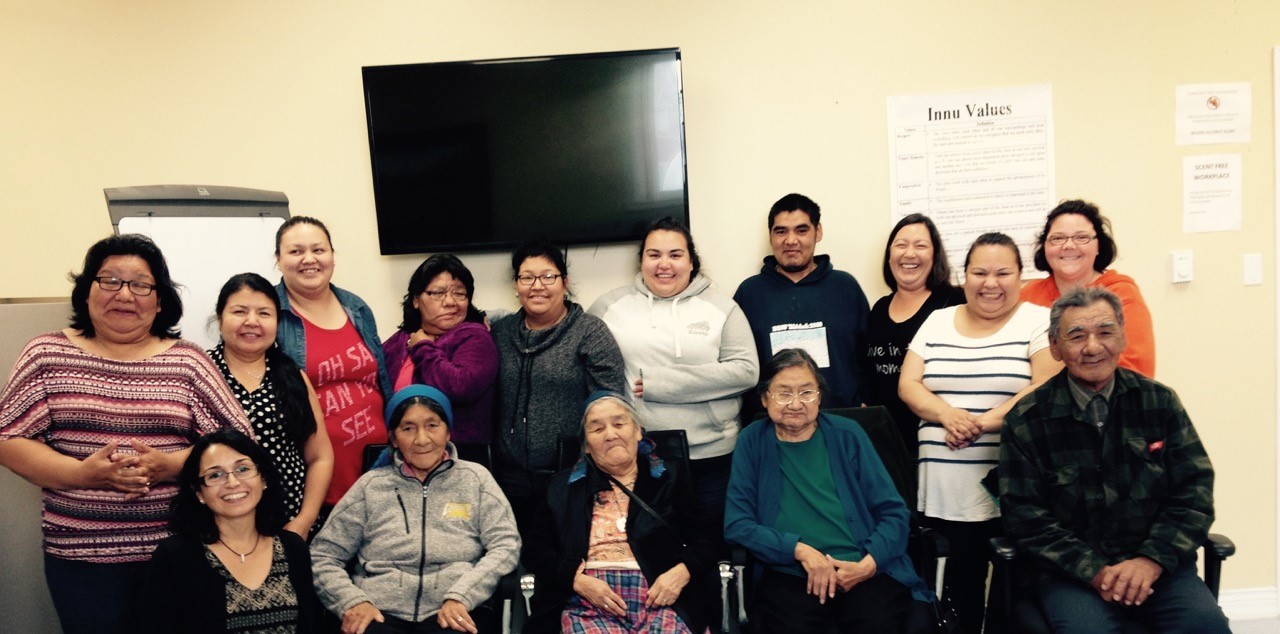 “In this project, the research team had to re-evaluate Western-based qualitative research methodologies that are typically used in academic research,” explains Chreim. The team actively involved the Indigenous elders and their community in all stages of the research plan and incorporated a methodology called participatory research. Based on reciprocity and trusting relationships, participatory research enables an Indigenous community to form a team of Indigenous and non-Indigenous researchers, to identify the topic, the research questions and the process, and to decide on ways to share the findings.
“In this project, the research team had to re-evaluate Western-based qualitative research methodologies that are typically used in academic research,” explains Chreim. The team actively involved the Indigenous elders and their community in all stages of the research plan and incorporated a methodology called participatory research. Based on reciprocity and trusting relationships, participatory research enables an Indigenous community to form a team of Indigenous and non-Indigenous researchers, to identify the topic, the research questions and the process, and to decide on ways to share the findings.
Prior to the start of the study, a research agreement was signed by each chief of the Labrador Innu communities. The grand chief of the Innu Nation appointed two spokespeople to engage with academic researchers and recruit interested individuals. “Together, we discussed how we could represent the research framework in a collaborative manner that values Innu knowledge and ways,” says Leonor. “It was during those conversations that the thinking and the awareness of non-Innu researchers was changing, as we had to face our own assumptions, limits and tensions,” she adds.
The study followed the First Nations principles of ownership, control, access and possession (OCAP). For more information on how the OCAP principles were implemented in this research, read another team article on developing an Innu framework for health research.
The non-Innu researchers involved in this project were also pushed to examining their internal process to conduct research ethically with the Innu. As Leonor puts it, “this allowed the non-Innu researchers to become aware of biases and assumptions and to articulate the many behaviours that researchers must exhibit to meet Indigenous researchers in an ethical space.” Building and transforming awareness were just a starting point to enter an ethical space and conduct research that values Innu knowledge and practice.
The interdisciplinary nature of the study also offered a very fertile ground for considering how to design, conduct and present the study. The researchers who contributed to the project were trained in several areas, including population health, lived experience, Indigenous studies, health systems and management, and qualitative research methodologies. For example, the team was able to critically evaluate theories of population health and health systems by juxtaposing them with the perspectives of Innu research partners. “This interdisciplinarity allowed us to identify weaknesses in the various theories and approaches, and to consider how to build on the strengths of various areas in ways that contribute to practice, policy and theory,” explained Chreim.
Healing and self-determination
“Indigenous researchers describe healing as a journey or a process that allows individuals to return to a place of wholeness after a traumatic experience. It’s also often defined as a way of reconnecting individuals to a reinvigorated culture based on connection with the land and spiritual roots,” says Leonor. In the 1960s and 1970s, Indigenous people in North America began reconnecting to their culture and this became a historical movement.
This healing movement was also a reaction to traumatic experiences caused by recent colonial practices. In the case of the Labrador Innu, most children attended Indian day schools starting in the 1970s. Today, Innu continue facing racism and discrimination. Many of the Innu involved in the study shared several accounts of these traumatic experiences.
The Innu leaders involved in the project were interested in articulating Innu understandings of well-being (minuinniuin) and processes of healing, fundamental concepts in health and well-being practices and knowledge in Innu communities. “They wanted to share these concepts with non-Innu health and service providers and policymakers so Innu minuinnuin and healing could be included in policy and implemented in health practice,” Leonor adds.
The Innu and non-Innu researchers analyzed interviews and focus groups with 39 participants and identified five stages of healing process:
- Being “under the blanket”: a challenging stage in which the person feels grief, sadness, anxiety, and lack of hope and, as a result, cannot move from under the blanket.
- Finding spiritual strength: the start of the healing journey, when one realizes that they are being helped, needed and loved through a strong spiritual experience. Innu researchers describe this stage as a condition for advancing in healing.
- Extending hands out: in this stage, the person seeks help, finding resources for their journey towards healing.
- Finding strength and power: the person enacts change by practising Innu culture, resisting negative stereotypes and developing a positive Innu identity.
- Helping others: the person constructs meaning and an Innu identity from the experience of supporting others.
Insights into these five stages were supported by Innu elders. They play a major role in advising leaders and families in the Innu communities.
Valuable findings for non-Innu health professionals and social service providers working with the Innu population
“Health and social service providers working with Innu clients need to learn about Innu ways of knowing and ways of being, critically recognize their own biases and acknowledge the power imbalances between themselves and their clients,” says Leonor.
She believes this study provides health professionals with valuable information for considering Innu healing as a model that expands their views, to benefit Innu seeking mental health services. “It is also vital for health and social service providers, especially non-Innu providers, to understand the importance of Indigenous spiritualities to appreciate Indigenous processes of healing,” she adds.
Read the study
Ward, L., Hill, M-J., Picard, A., Olsen Harper, A., Chreim, S. and Wells, S. 2021. A process of healing for the Labrador Innu: Improving health and wellbeing in the context of historical and contemporary colonialism. Social Science and Medicine.
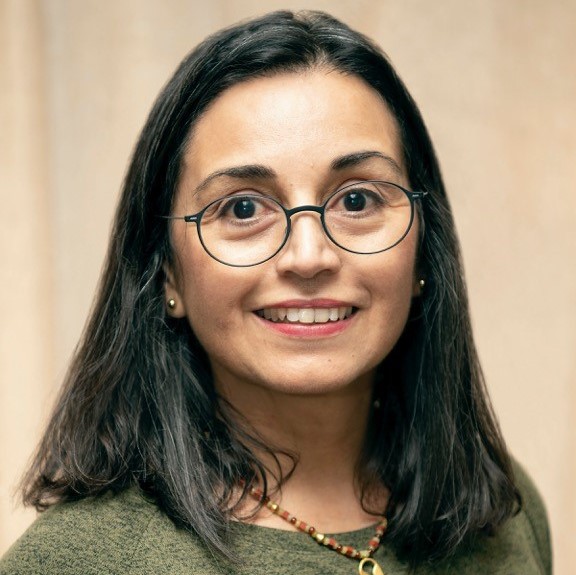
Leonor Ward is a health sciences doctoral graduate. She worked under the supervision of Telfer professor Samia Chreim
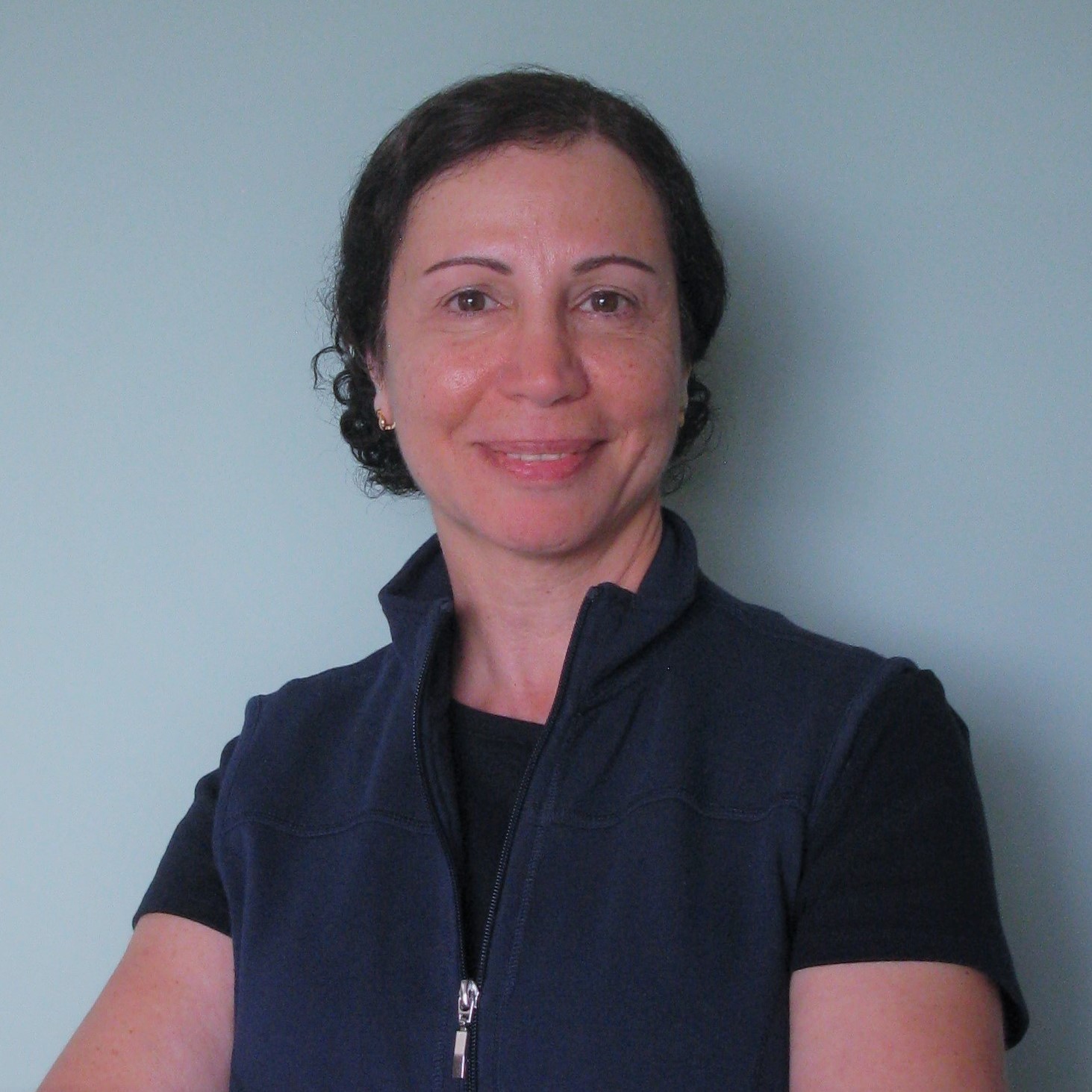
Samia Chreim is a Full Professor at the Telfer School of Management, where she holds the Ian Telfer Professorship in Organization Studies. Her research focuses on the dynamics of change at different levels, on intra-organizational and inter-organizational collaborations, and leadership. Learn more about her research.